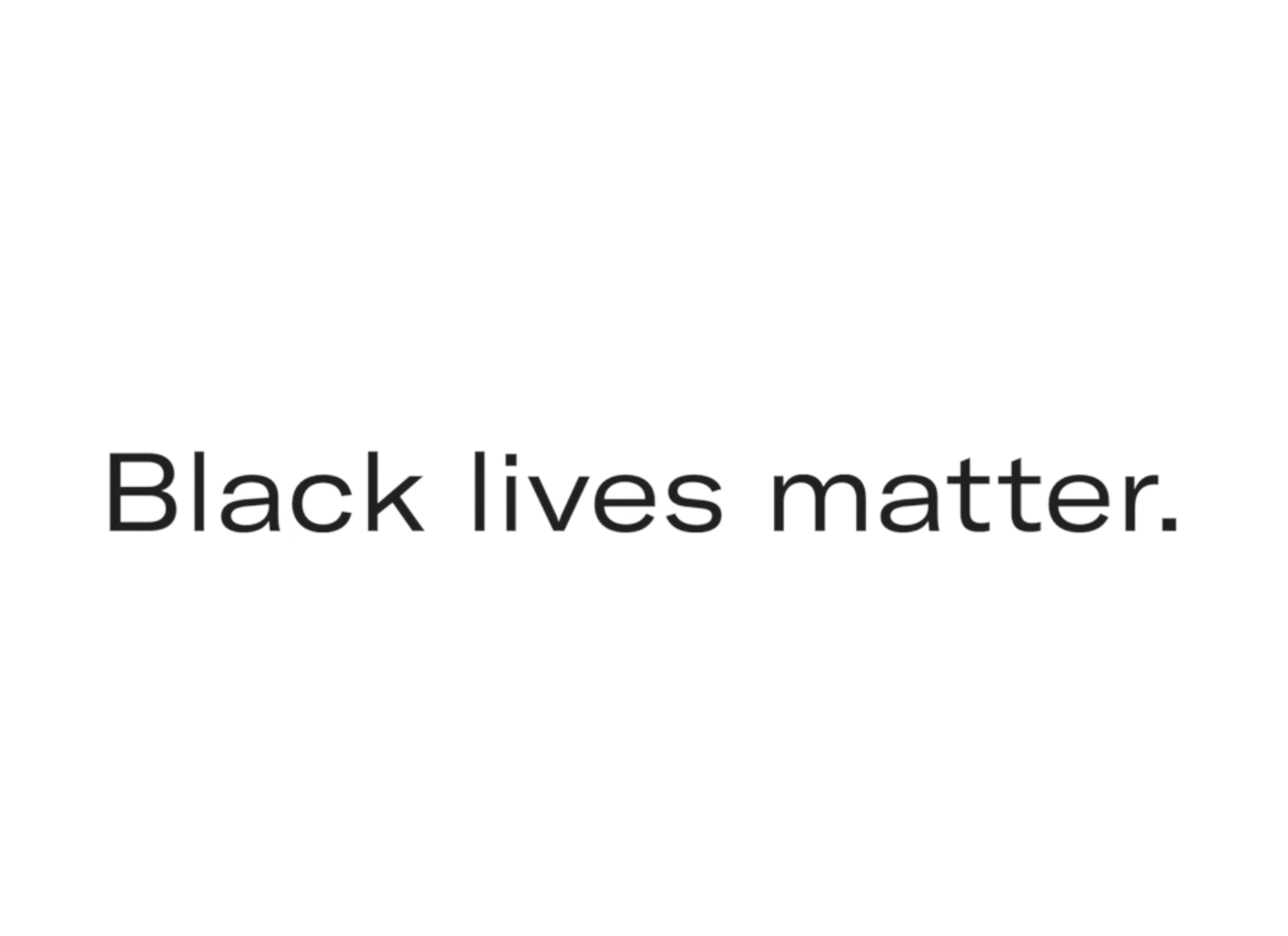Date
Monday, June 15, 2020 - 1:00pmMenu parent dynamic listing
Show PDF in viewer on page
Style
Standard with sidebar
The staff at the ACLU of New Mexico are in solidarity with those marching for racial justice and demanding and end to police brutality. Black lives matter.
